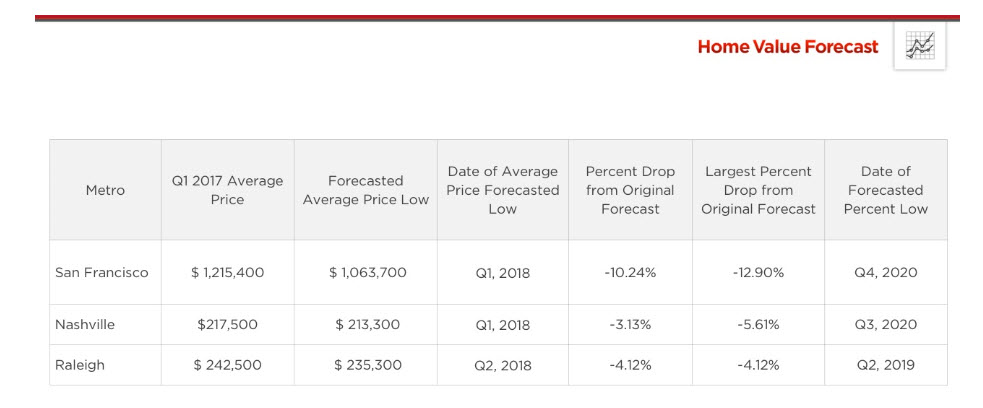For buyers and real estate professionals, the specter of consistently rising rates over the balance of the year is not a pleasant one. Higher rates raise the total cost of buying a home for the majority of buyers who finance their purchases. At some point, rising rates will hurt sales.
If so, won’t rising rates also dampen the torrid price appreciation that hit a 31-month high in January? Just yesterday Case-Shiller reported that home prices increased by 5.9 percent year-over-year in the month, up from a 5.7 percent annual increase in December. Soaring prices are here and now, growing at twice the “traditional” 3 percent for residential real estate and driving affordability through the roof. Will price appreciation continue at this rate along with incremental rate hikes?
History suggests the answer is yes. A December analysis by the Urban Institute found that when rates rose in 1994 and from 1999 to 2000, price appreciation was “quite robust.”
“A closer look at the long history of interest rate and home price changes seems to indicate that the state of the economy is the largest driver of home price changes. In a healthy economy, interest rate increases deliver home price increases, and the economy is relatively strong today. In addition, home prices have a further tailwind: very limited housing supply. All these factors lead us to believe that if interest rates continue to rise, so too will home prices,” concluded Urban Institute economists Laurie Goodman and Bing Bai.
Home Value Forecast from ProTeck Valuation Services and Collateral Analytics disagrees. Examining three of the hottest markets in the nation, they modeled rate increases of 10 percent and 25 percent against their existing forecasts and found that as rates rose, price appreciation declined below original forecasts.
The greatest impact occurred in San Francisco, where prices have peaked and already were forecasted to fall by the first quarter of 2018. The largest percentage drop from a 25 percent increase in rates would take forecasted prices down 12.90 percent by Q4 2020.
Similar but less dramatic results were found in Nashville TN and Raleigh, NC, two Southern markets that led the price recovery in that region. In Nashville, a 25 percent rate hike would lower prices 5.61 percent at the most, by Q3 2020. With a 25 percent rise in rates, Raleigh would see prices fall 4.12 percent by Q2 2019 from its forecasted level.
While rate hikes of the dimension modeled by Home Value Forecast are far above Fed Chair Janet Yellen’s public targets over the balance of the year, the new numbers suggest lower prices might be a small silver lining in the darkening cloud facing home buyers and home sales in the months to come.
[ad_2]
Source link

